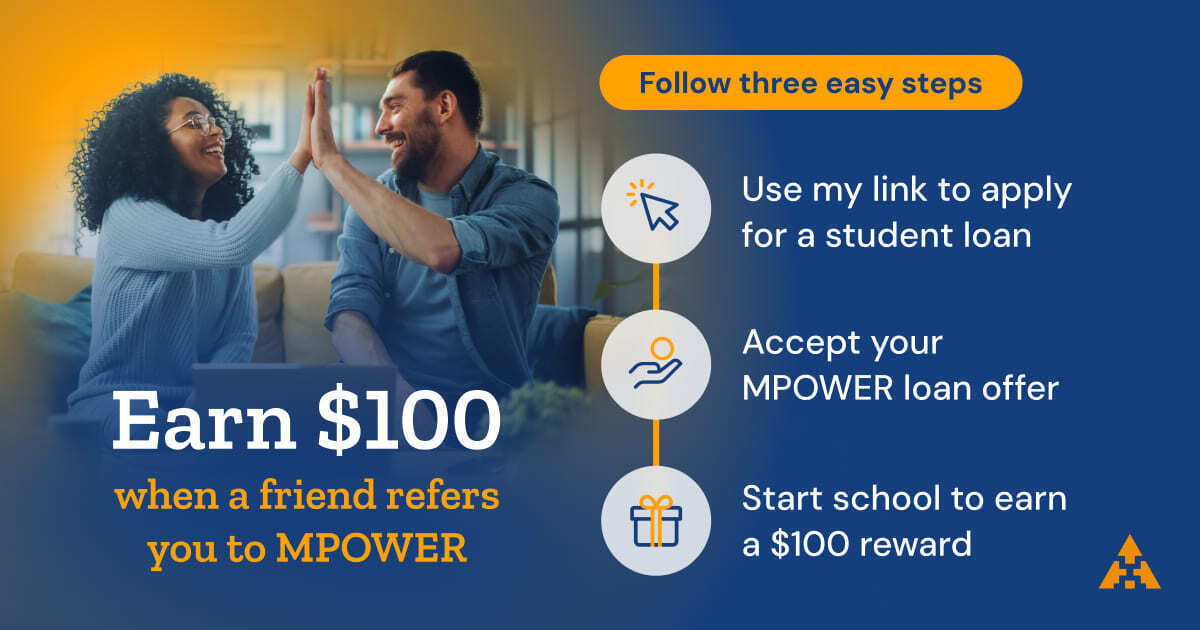- Tabarak | DreamBridge
- Posts
- DreamBridge Weekly: GRE Strategies, Tech Salaries, and High-Impact U.S. Admissions Insights
DreamBridge Weekly: GRE Strategies, Tech Salaries, and High-Impact U.S. Admissions Insights
From full-ride scholarships to early-career AI paychecks; actionable tips, top universities, and expert webinar takeaways for students aiming to excel in U.S. programs.
Hi everyone,
A lot happened this week inside DreamBridge: two powerhouse webinars, tons of questions from students preparing for U.S. admissions, and a lot of interest in GRE prep and tech salaries.
Here’s a full breakdown so you don’t miss anything.
Webinar Highlights
Subscribe to our YouTube channel to get a recording of the webinars: https://www.youtube.com/@DreamBridge_edu
1. Haroon’s Webinar: Transferring to a U.S. University, BCG, and Building His Startup
What made his session valuable was how honestly he broke down the “in-between work” - the messy middle nobody talks about:
fixing his GPA narrative,
positioning his transfer application,
the way he approached networking for MBB,
and the discipline it takes to build something of your own while still in school.
His YouTube replay goes live today. We’ll share the link on the DreamBridge WhatsApp + Skool community as soon as it’s uploaded.
2. Sameen’s Webinar: Full Ride to Virginia Tech + 10 Internships + Cybersecurity at PwC
Youtube link: https://youtu.be/7qrRY9rDQVA?si=Tsp6dP6_LeDj_qjA
Sameen’s story resonated with almost everyone who attended. She explained how she earned a full scholarship at Virginia Tech, completed 10 internships across different industries, and eventually broke into Cybersecurity Consulting at PwC right after graduation.
Her replay is already live on YouTube, and it’s honestly one of the most actionable sessions we’ve hosted.
Join our FREE Skool community to network with peers (who are applying to US Grad school) and mentors (who can guide you): https://www.skool.com/us-grad-school-admissions-help-6548/about?ref=0f6936aa80564bc3a555c422fb736432
Quick Credit Tip: Zolve
For everyone moving to the U.S., Zolve is one of the simplest ways to start your credit history early.
You can open a U.S. credit card without a Social Security Number, and it starts building your credit history from day one which helps you later with renting apartments, getting lower loan rates, and even job checks in some industries. You also get a 1% cashback on every transaction!
It’s a solid starter option and takes only a few minutes to apply. Get your card here: https://bit.ly/usacreditcard_
Top Universities for Marketing in the U.S.
Students kept asking for marketing recommendations this week, so here’s a list that consistently delivers strong academic depth and employer access, especially in digital marketing, influencer strategy, brand partnerships, and consumer analytics, which are now billion-dollar skillsets.
The creator economy has already crossed $250B and is projected to reach $480B by 2027, and 63% of global brands increased their influencer marketing budgets this year. Companies hire roles like Influencer Strategist, Creator Partnerships Manager, Product Storytelling Lead, and Growth/UGC Strategist straight out of top programs.
Interested in learning about the creator economy and working with brands? Subscribe to receive weekly insights and opportunities in your inbox. Click here
In short: modern marketing isn’t “traditional marketing” anymore. It’s behavioral psychology + analytics + AI + brand influence, and these programs reflect exactly that.
Hence, these programs below are worth a look:
1. Northwestern University – MS in Integrated Marketing Communications (IMC)
A leading program for brand strategy, storytelling, consumer insights, and integrated marketing planning.
Class Profile:
131 students (Class of 2025)
Avg age: 23
2 years work experience
Strong industry integration, creative and strategic focus.
2. Columbia University – MS in Marketing Science
A highly selective, STEM-designated program built for marketing analytics, quantitative modeling, and data-driven decision-making.
Class Profile:
15 students
Avg work experience: 0.6 years
One of the most analytical marketing degrees in the U.S.; extremely competitive.
3. University of Rochester (Simon) – MS in Marketing Analytics
A STEM-designated, analytics-heavy program that blends pricing, consumer research, and predictive modeling.
Class Profile:
73 students
68% female
Avg age: 23
GMAT range: 630–740
Strong quant curriculum with a capstone project; mean compensation is around $77K.
4. University of Maryland (Smith) – MS in Marketing Analytics
A value-driven STEM program focused on marketing analytics, consumer insights, and data storytelling.
Class Profile:
Selective public program
Strong placement in digital marketing, consumer analytics & government-tech crossover roles.
Student loans are a great way to finance your education. See if the university you’re applying to qualifies for a loan in under 60 seconds:
GRE Prep: A Practical, Proven Approach
Here’s a realistic plan used by students who score 320+ consistently:
1. Start With a Baseline
Take an ETS PowerPrep mock before touching any prep. It sets your starting point and helps you build a targeted plan.
2. 8–12 Week Prep Window Works Best
If you’re studying alongside classes or work, 2.5–3 months is ideal. Anything shorter becomes stressful; anything longer becomes unfocused.
3. The Only Resources You Actually Need
ETS Official Guide
ETS PowerPrep (Mocks)
Manhattan 5-lb Book
Magoosh for structured lessons and vocab
This is the exact combo most scholarship winners use because it’s efficient and predictable.
4. Mock Strategy
First month: 1 mock every 2 weeks
Last month: 1 mock per week
Mocks matter more than solving 500 random questions.
5. Track Errors Like a Research Project
Make a sheet of recurring mistake types:
question types
timing issues
careless errors
Your score jumps come from fixing patterns, not from adding more study hours. You can check our exclusive webinar with Saad Amer, GRE Coach here: https://youtu.be/z8vRLksI7FU?si=RmhK1FBSx685xbCz
U.S. Starting Salaries for Tech Roles
Early-career software engineers, AI engineers, and ML engineers in the U.S. are benefiting from a machine learning market that’s projected to hit $30.6 billion in 2025, growing at more than 32% annually.
Global AI spending is also booming as analysts expect the AI market to expand at a 19%+ CAGR, scaling from $638 billion today to over $3.6 trillion by 2034.
This surge in demand helps push early-career compensation for AI/ML engineers above $100K, with total pay often climbing toward $150K+, reflecting how premium these skills have become.
Here’s what it looks like in the U.S. right now based on reputable compensation data:
Artificial Intelligence Engineers
$117K–$188K, with an average around $146K. AI engineering is still one of the highest-paid early-career paths.
Software Engineers (SWE)
Average starting compensation: $112K
Ranges vary heavily by city and company. Big Tech tends to overshoot this by quite a margin.
Machine Learning Engineers
Average starting salary: $110K
Companies hiring ML engineers typically expect internships or projects, so portfolios matter.
These numbers are useful benchmarks for students planning their OPT or deciding between master’s programs.
Have a productive week,
Tabarak Rehman


